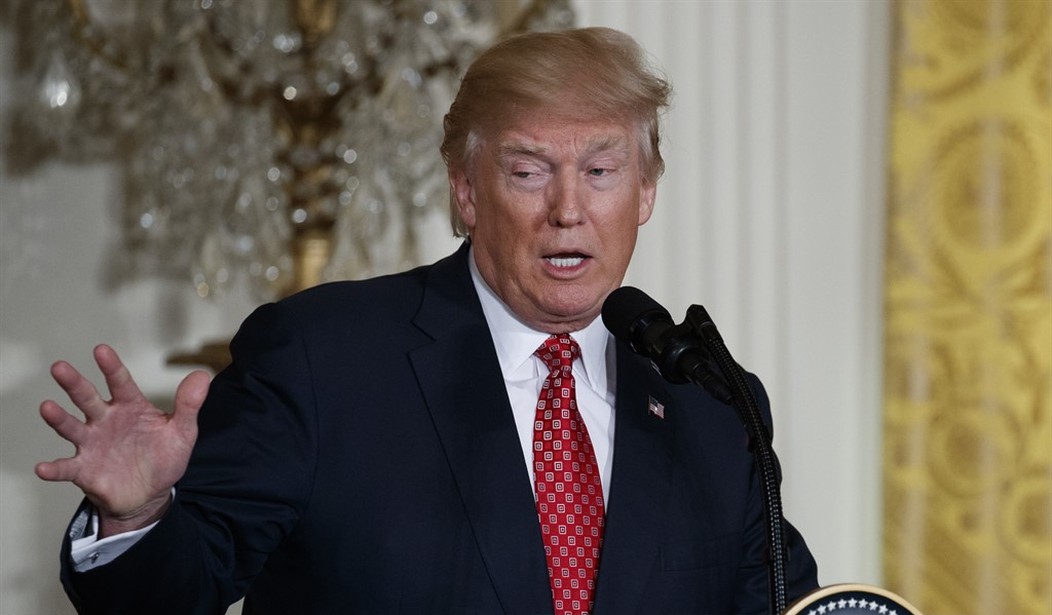Thursday, however, a three-judge panel of the 9th Circuit Court of Appeals asserted its authority when it refused to reinstate the travel ban and lift a stay imposed by Seattle Judge James Robart, whom Trump had dismissed as a "so-called judge."
"Although our jurisprudence has long counseled deference to the political branches on matters of immigration and national security," the three judges wrote in a unanimous opinion, "neither the Supreme Court nor our court has ever held that courts lack the authority to review executive action in those arenas for compliance with the Constitution." In short: Don't tell us what we can and cannot do.
Loyola Law School professor Jessica Levinson, a critic of the executive order, argued that the court needed to send the message the president should not be "un-reviewable" -- especially for an order considered by many to be a "Muslim ban."
"They should have lost. The order was done badly," University of California, Berkeley law professor and former President George W. Bush attorney John C. Yoo agreed. "The government badly defended it in court by claiming the 9th Circuit couldn't even review the executive order." Yoo called the ruling "a rebuke."
Recommended
The three judges also honed in on the executive order's glaring omissions, like its failure to recognize the rights of legal permanent residents. These errors would have been avoided, Yoo noted, if the administration had drafted the order with more care and input.
The three judges -- two appointed by Democratic presidents and one by a Republican -- wrote with a tone different from the politically charged Washington state brief. "Federal courts have no more sacred role than protecting marginalized groups against irrational, discriminatory conduct," Washington state asserted.
The 9th Circuit ruling recognized the powerful public interest in national security and an elected president's right to set policy -- but concluded that "competing public interests" argued in favor of maintaining Robart's hold.
"SEE YOU IN COURT, THE SECURITY OF OUR NATION IS AT STAKE!" Trump tweeted after he learned of the decision.
"Sometimes losing the battle you find a new way to win the war," Trump wrote in his best-known book, "Trump: The Art of the Deal." These three judges have given Trump an opportunity to re-frame his "Executive Order: Protecting the Nation from Foreign Terrorist Entry into the United States" so that it benefits from a strategic approach to fighting terrorism at home and abroad.
"I think the policy is quite foolish from a counterterrorism point of view," Yoo noted, "but I think his order is defensible under the immigration law. But it was so badly done, they created obvious problems for themselves."
You have to wonder: What ever made Trump think he could issue this order without an extreme vetting from the judiciary? What ever made him think he could prevail in court while maintaining judges have no say in the matter? Most of all, what war does he think he can win while losing this battle?

























Join the conversation as a VIP Member